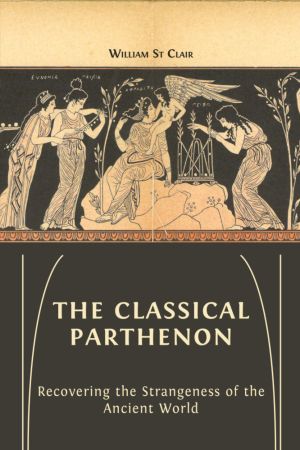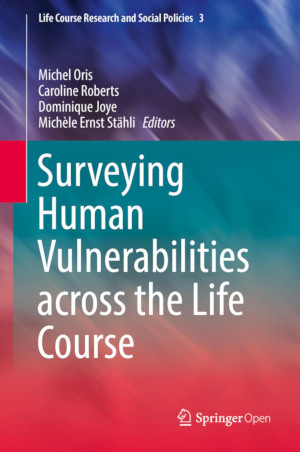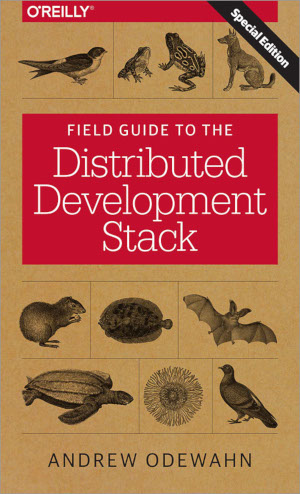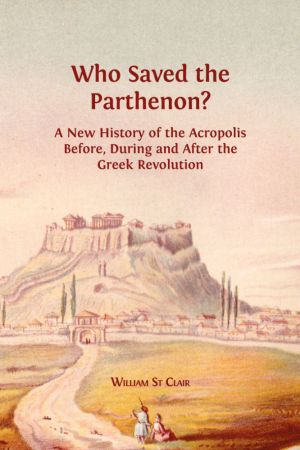Who Saved the Parthenon?
A New History of the Acropolis Before, During and After the Greek Revolution
by William St Clair
DescriptionTable of ContentsDetailsHashtagsReport an issue
Marshalling a vast amount of primary evidence, much of it previously unexamined and published here for the first time, St Clair rigorously explores the multiple ways in which the Parthenon has served both as a cultural icon onto which meanings are projected and as a symbol of particular national, religious and racial identities, as well as how it illuminates larger questions about the uses of built heritage. This book has a companion volume with the classical Parthenon as its main focus, which offers new ways of recovering the monument and its meanings in ancient times.
St Clair builds on the success of his classic text, The Reading Nation in the Romantic Period, to present this rich and authoritative account of the Parthenon's presentation and reception throughout history. With weighty implications for the present life of the Parthenon, it is itself a monumental contribution to accounts of the Greek Revolution, to classical studies, and to intellectual history. 






Book Description
In this magisterial book, William St Clair unfolds the history of the Parthenon throughout the modern era to the present day, with special emphasis on the period before, during, and after the Greek War of Independence of 1821 - 32. Focusing particularly on the question of who saved the Parthenon from destruction during this conflict, with the help of documents that shed a new light on this enduring question, he explores the contributions made by the Philhellenes, Ancient Athenians, Ottomans and the Great Powers.Marshalling a vast amount of primary evidence, much of it previously unexamined and published here for the first time, St Clair rigorously explores the multiple ways in which the Parthenon has served both as a cultural icon onto which meanings are projected and as a symbol of particular national, religious and racial identities, as well as how it illuminates larger questions about the uses of built heritage. This book has a companion volume with the classical Parthenon as its main focus, which offers new ways of recovering the monument and its meanings in ancient times.
St Clair builds on the success of his classic text, The Reading Nation in the Romantic Period, to present this rich and authoritative account of the Parthenon's presentation and reception throughout history. With weighty implications for the present life of the Parthenon, it is itself a monumental contribution to accounts of the Greek Revolution, to classical studies, and to intellectual history.
This open book is licensed under a Creative Commons License (CC BY-NC-ND). You can download Who Saved the Parthenon? ebook for free in PDF format (57.8 MB).
Table of Contents
Chapter 1
Why Another Book?
Chapter 2
The Place
Chapter 3
The People
Chapter 4
The Encounter
Chapter 5
Communities, Real and Imagined
Chapter 6
The Evidence
Chapter 7
The New Science and its Enemies
Chapter 8
Towards a Practical Theory of History
Chapter 9
Romanticism and its Rhetorics
Chapter 10
The Choices
Chapter 11
The Siege of 1826 and 1827
Chapter 12
The Surrender
Chapter 13
The Last Days of Ottoman Athens
Chapter 14
The Living
Chapter 15
The Dead
Chapter 16
'The World had need of them'
Chapter 17
The Secret
Chapter 18
The Bargain
Chapter 19
The Silence
Chapter 20
The Stories
Chapter 21
Which Pasts, which Futures?
Chapter 22
Still a Dark Heritage
Chapter 23
Whose Parthenon?
Chapter 24
The Parthenon in our Time
Chapter 25
Heritage
Book Details
Title
Who Saved the Parthenon?
Subject
History
Publisher
Open Book Publishers
Published
2022
Pages
898
Edition
1
Language
English
ISBN13
9781783744619
ISBN10
1783744618
ISBN13 Digital
9781783744633
ISBN10 Digital
1783744634
PDF Size
57.8 MB
License

Related Books

Complementing Who Saved the Parthenon? this companion volume sets aside more recent narratives surrounding the Athenian Acropolis, supposedly 'the very symbol of democracy itself', instead asking if we can truly access an ancient past imputed with modern meaning. And, if so, how?
In this book William St Clair presents a reconstructed u...

This book details tools and procedures for data collections of hard-to-reach, hard-to-survey populations. Inside, readers will discover first-hand insights from experts who share their successes as well as their failures in their attempts to identify and measure human vulnerabilities across the life course. Coverage first provides an introduction o...

This book chronicles the rise of a new scientific paradigm offering novel insights into the age-old enigmas of existence. Over 300 years ago, the human mind discovered the machine code of reality: mathematics. By utilizing abstract thought systems, humans began to decode the workings of the cosmos. From this understanding, the current scientific pa...

When you explore a new technology landscape, the journey can take you to places you never expected. Take O'Reilly's CTO, Andrew Odewahn. While working on ideas for a new publishing platform, Andrew kept notes as he probed the depth and breadth of what we call the "distributed development stack" (DDS).
As patterns emerged, and...

For thousands of years, people have been saying that the world is changing and will never again be the same. Yet the profound changes happening today are different, because they result from a specific technological development.
It is now possible, in principle, to remember everything that anyone says, writes, sings, draws, or photographs. Everythi...

Books about Oxford have generally focused on the University rather than the city. This original book on the local politics of Oxford City from 1830 to 1980 is based on a comprehensive analysis of primary sources and tells the story of the city's progressive politics. The book traces this history from Chartism and electoral reform in the mid-ni...

